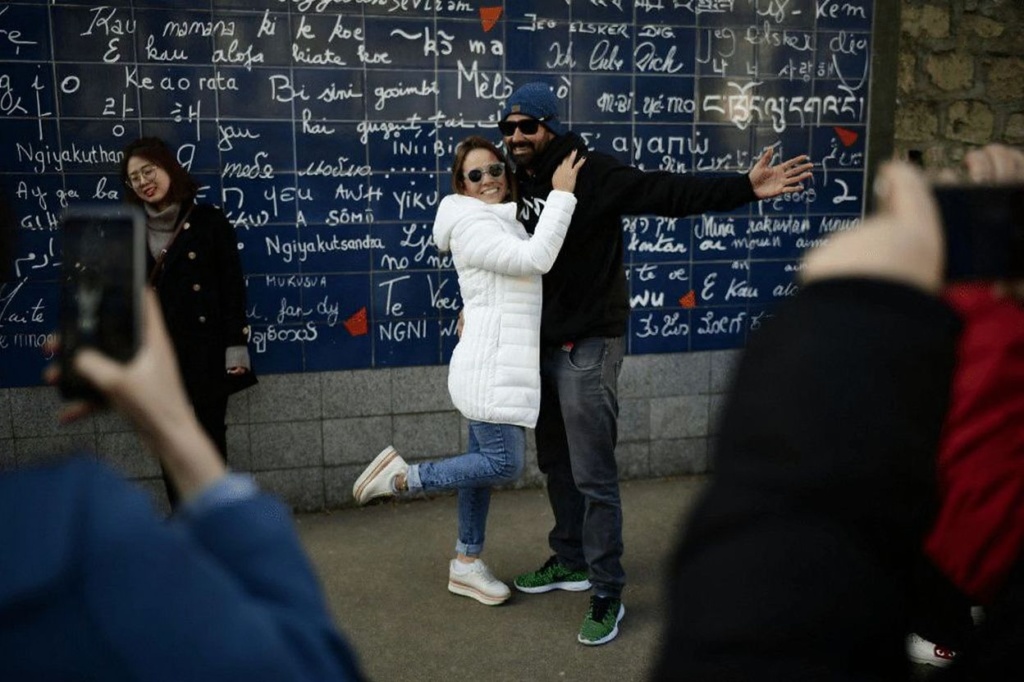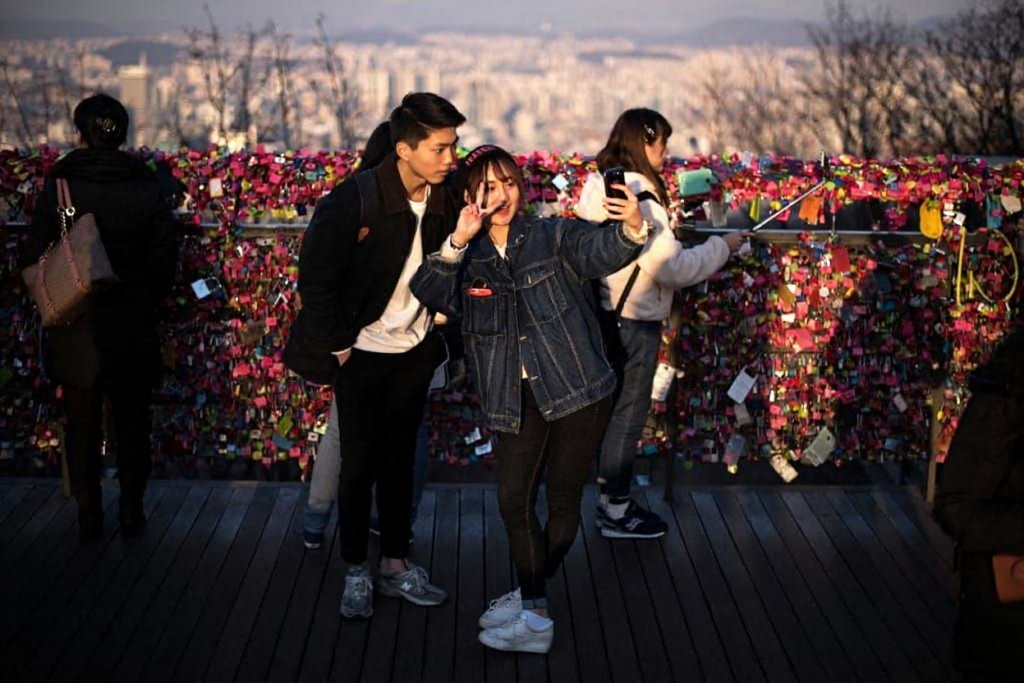
Valentine’s Day is stereotypically celebrated by couples, but many forget it’s an occasion to also celebrate friendships.
But if you’re studying abroad, it can be a struggle to maintain long-distance friendships and relationships.
Things like time zones and clashing schedules can get in the way of making plans. Miss enough dates and catchups and you’ll likely have no friends or lovers to spend Galentine’s Day or V-Day with.
Despite that, it’s not impossible to nurture these relationships from afar.
Both parties just have to put in the extra effort to make things work. You’d be surprised how sometimes the distance can do each other well.
The statistics are on your side.
According to a study by the American Counselling Association, approximately 75% of college students in the US have been in a long-distance relationship. It was found that 58% of these relationships survive the distance.
How do they do it? Below are some tips from those who have been there and still have friends and lovers by the end of their degree:
Here’s how to make your platonic and romantic relationships go the distance during this season of love:
 Relationships in general take work to be maintained. This goes without saying for those who are going the distance. Photo: Lionel Bonaventure/AFP
Relationships in general take work to be maintained. This goes without saying for those who are going the distance. Photo: Lionel Bonaventure/AFP
1. Be intentional and make the effort
Just like relationships, friendships are also a two-way street. Reciprocation and consistency in efforts play a major role in building quality relationships in general. The distance should not make for an excuse. Instead, it’s more of a reason to put in the effort to show them you value them.
If this is your first Valentine’s Day apart from friends and/or your partner, there are plenty of ways to celebrate your love for one another from afar.
Stream a movie together on Teleparty (formerly known as Netflix Party) or explore virtual tours of museums and aquariums. Check out some fun date ideas here. Surprise them with your creativity.
2. Communication matters
“Communication is key.” We often hear this phrase but it’s easier said than done.
In long-distance relationships, communication should be continuous.
This is to compensate for the lack of physical forms of expression such as a hug, that you’d be able to do when you’re together.
Apart from that, something as simple as expressing your appreciation to your friends is just as important.
Remind them of the influence they have in your life even when you’re in a different country — this will make them feel seen and valued. This isn’t just reserved for Valentine’s Day.
Understandably, it’s easy for everyone to get lost in the hustle and bustle of life. So, even just respecting a yearly tradition that you and your friends have every year shows that you’re willing to go the distance.
3. Get real and vulnerable
Marissa Franco, a psychologist and friendship expert says: “Sharing vulnerability tends to make us feel a lot more connected.”
“Asking for support and being willing to give it is really a portal to deep intimacy if we’re willing to be upfront about our needs and also show up for each other.”
Many people don’t realise how crucial it is to build a support system that can lift you up on both your best and worst days. A good support system is one where everyone shares comfortably, honestly and vulnerably.
If you’re looking to go deep with your loved ones this Valentine’s Day, check out the “We’re Not Really Strangers” card games for friendships and couples.
4. Come up with fun ways to update each other
 Update each other through different mediums other than social media to keep the element of surprise in your friendships and relationships. Photo: Ed Jones/AFP
Update each other through different mediums other than social media to keep the element of surprise in your friendships and relationships. Photo: Ed Jones/AFP
Apart from Instagram, Facebook or BeReal, why not find fun and different ways to update your friends and partner? Here are some cute apps to consider:
- Bondee: a metaverse that allows you to customise your own 3D avatar and invite up to 50 of your friends
- Locket Widget: it creates a mini-screen in the corner of your iPhone. You can upload photos to a “locket,” which is then automatically shared and refreshed with the locket on the screens of your family and friends.
- NoteIt: similar to Locket Widget, you can send notes back and forth and it’ll show up on your phone’s home screen.
5. Conflicts are healthy and normal
If you find yourself in a conflict or misunderstanding with your loved ones this Valentine’s Day, bear in mind that conflicts happen and they’re completely normal.
But this doesn’t mean you should let them go unaddressed. Skip the assumptions and communicate openly.
Practise active listening and hear them out by bringing up issues in a non-accusatory way. This can be done by using “I” statements.
This sounds like: ‘I felt hurt when you bailed on our weekly call at the last minute.’
Starting the conversation like so can help all parties involved to practice empathy by taking into account everyone’s perspectives and feelings.










